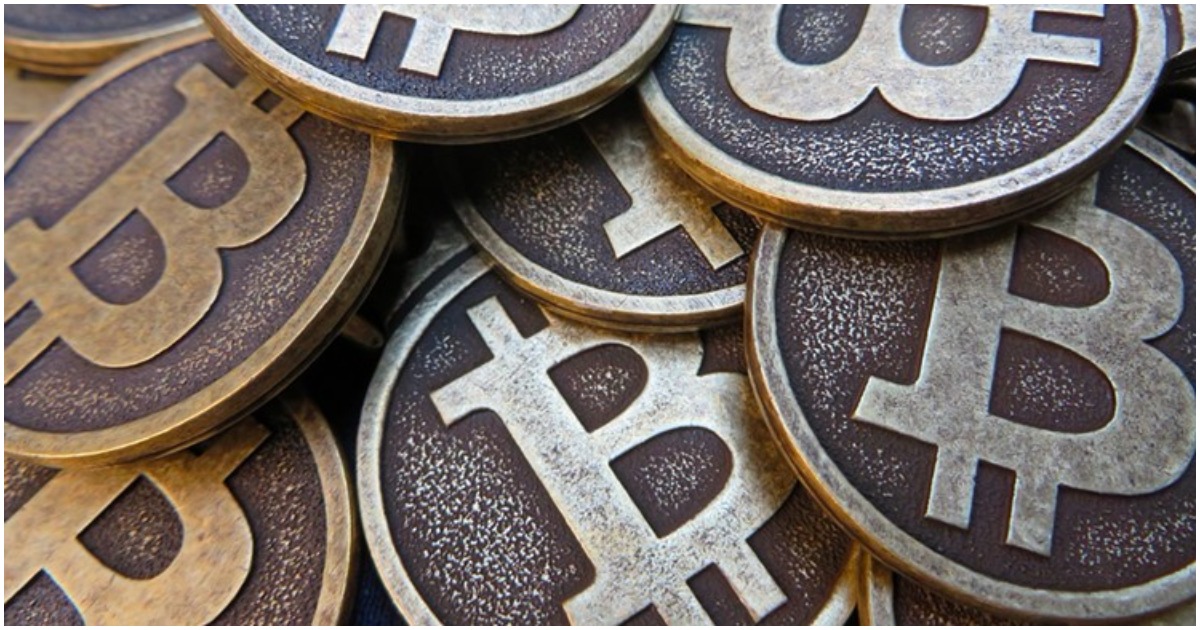Cryptocurrencies have now been in use for several years, and not only for illegal purchases on the dark web. With virtual money, you can buy legal services, order products and receive a salary. How and what is cryptocurrency, why electronic currencies spread so rapidly around the world and how it affects social networks, we will analyze in this article.
What is a Cryptocurrency, and Why is It Needed?
Cryptocurrency is a modern analogue of money familiar to us, which is created, used and exists exclusively on the Internet. Electronic currency cannot be received in cash, but can be presented in the form of dollars or euros, converted into real currency at the current market rate.
In fact, it is a digital code that is transmitted from one computer to another. This digital code is obtained by exchanging information between users, which is collected in certain cells of the block, interconnected. When the block is completely filled, a unit of electronic currency appears, which goes to the wallet of the user who has confirmed access to the block.
This information exchange technology is called blockchain and is a single database.
Integration of Cryptocurrencies Into Social Media
Blockchain can bring changes to social media, as the existing limitations of social networks are already an obstacle to their further development.
Due to blockchain technology, each of the users will be able to independently set up their exclusive identifier strings using a decentralized social network smart contract.
Thus, companies operating on social networks will also become in contact with decentralized data clusters, as block explorers interact with block chains.
Despite fluctuations in the exchange rate, cryptocurrency is very popular among young people. Because of this, Facebook has taken a course towards integrating tokens into its services: Mark Zuckerberg plans to use cryptocurrency in the Meta multiverse. Twitter also plans to develop its projects with tokens. In the case of the full implementation of these plans, the position of the cryptocurrency will be seriously strengthened and, perhaps, it will no longer unpleasantly surprise users with rate fluctuations.
Cryptocurrency has an impact on social networks in exactly the same way that social networks affect cryptocurrency. Here’s an example for you:
Elon Musk became famous for his controversial statements on Twitter, after which trends unfolded in the cryptocurrency market. For example, in May 2021, he wrote a tweet containing only one word “Indeed”, in response to the suggestion of one of the subscribers that Tesla would sell bitcoin assets. The joke seriously shook the position of the cryptocurrency in the market. After that, Musk wrote that Tesla did not sell anything, but the fall in the bitcoin rate continued.
Also cryptocurrencies such as Shiba Inu (SHIB), created by the anonymous Ryoshi, are gaining popularity on social networks. Consequently, its value will rise as more and more people become interested in it.
For example, someone wants to save one of the endangered animal species. Those who intend to support the project financially can create a wallet, and then hash the form to the wallet address.
In this project, each of the users will make their proposals, and the nodes will then vote for them. The network will decide whether to continue financial support for the project or stop it.
Cryptocurrency and the opportunities that it provides allow, firstly, to increase the level and quality of user service due to fast transactions, NFT tags, low commissions, security of money transfers and use of a social network. Secondly, all this attracts new users. Today, the demand for cryptocurrencies and the technologies that it offers is growing. And many people simply demand that the companies whose services they use develop and provide users with choices, including the use of cryptocurrencies.
Why Cryptocurrencies Have High Yields
Cash is losing its relevance, while digital money, on the contrary, is becoming more widespread. Bitcoin benefits from this, which in recent years has been generating significantly more profit than traditional assets. But BTC also has competitors.
In short, in 2018 a very sharp rise began – a lot of new projects, a lot of scams and non-scams. In 2017, a lot of people made their fortune on ICO scams. Everything was done so well that one can argue to the last whether it was a scam or not.
After such ICOs of 2017-18 and crypto surges, the next major development milestone is the DeFi summer of 2020. This is a period in which DeFi (decentralized finance) technology has shot very brightly. In DeFi, each person gains the opportunity to be his own bank and banker, receiving all the profit that he can collect, and on the other hand, he bears all the risks. Here you need to be able to maneuver and stay in the middle.
There is a growing demand for cryptocurrency services in society, and social networks are integrating cryptocurrencies into their systems. And this, in turn, adds awareness to digital assets, which further fuels demand and interest in society. This process is inevitable. In the future, literally every social network will support certain cryptocurrencies and related services. It’s just a matter of time.
